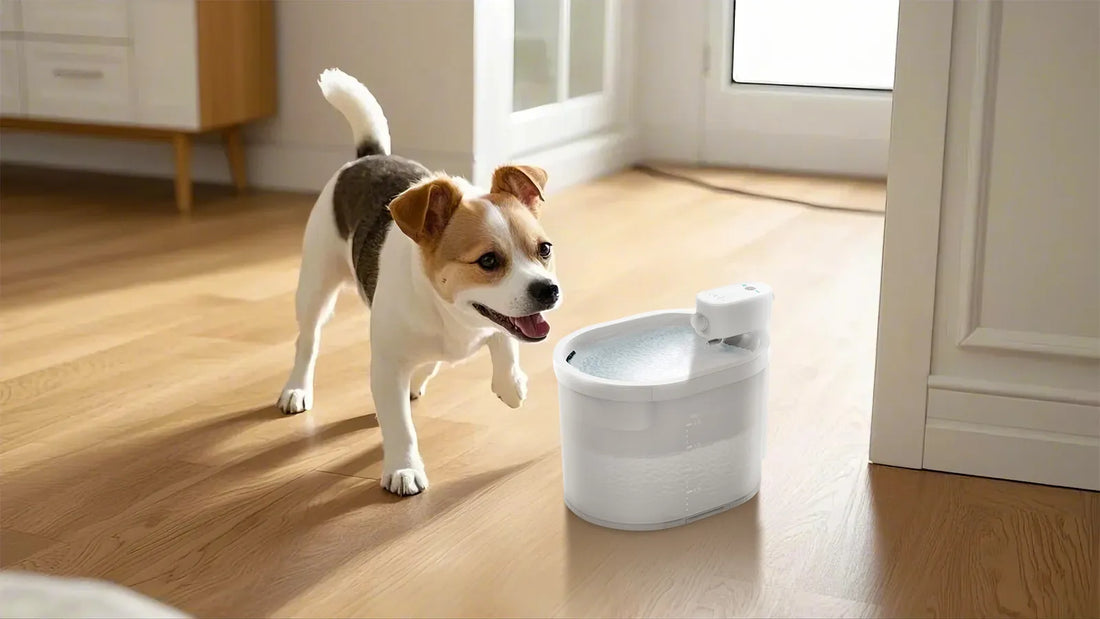When a mother cat stops feeding her kittens at 4 weeks, it can be a concerning and confusing situation for any pet owner. Understanding the reasons behind this behavior and knowing how to respond is crucial for the well-being of the kittens. This article delves into the possible causes, the developmental stage of the kittens, and practical steps to take when faced with this scenario.
Why Does a Mother Cat Stop Feeding Her Kittens at 4 Weeks?
There are several reasons why a mother cat might stop nursing her kittens at around 4 weeks of age. One common reason is that the kittens are naturally beginning to wean. At this stage, their teeth are starting to come in, and the mother cat may find nursing uncomfortable. Additionally, the mother cat may instinctively know that it is time to encourage her kittens to start eating solid food.
Another possible reason is that the mother cat may be experiencing health issues. Mastitis, a painful infection of the mammary glands, can make nursing extremely uncomfortable or even impossible. If the mother cat is unwell, she may stop feeding her kittens to conserve her own energy.
Stress or environmental changes can also play a role. If the mother cat is feeling anxious or if there have been significant changes in her environment, she may stop nursing her kittens. It is important to consider any recent changes that might have affected her behavior.
The Developmental Stage of Kittens at 4 Weeks
At 4 weeks old, kittens are at a critical stage in their development. They are beginning to explore their surroundings and are becoming more active. This is also the time when they start to transition from a diet of exclusively mother's milk to solid food. The process of weaning is a natural part of their growth, but it is important to ensure that it happens gradually and that the kittens are still receiving the nutrition they need.
During this stage, kittens' teeth are starting to emerge, which can make nursing uncomfortable for the mother cat. This is one of the reasons why she may begin to discourage nursing and encourage her kittens to start eating solid food. However, it is important to monitor the kittens to ensure that they are still gaining weight and developing properly.
What to Do When a Mother Cat Stops Feeding Her Kittens
If you notice that the mother cat has stopped feeding her kittens at 4 weeks, there are several steps you can take to ensure their health and survival. First, it is important to assess the situation and determine whether the mother cat is simply encouraging weaning or if there is an underlying issue that needs to be addressed.
If the mother cat is healthy and the kittens are showing signs of readiness for solid food, you can begin the weaning process. Start by offering a high-quality kitten food that is specifically formulated for their nutritional needs. You can moisten the food with water or kitten milk replacer to make it easier for them to eat. Gradually reduce the amount of liquid as the kittens become more accustomed to eating solid food.
If the mother cat is unwell or if the kittens are not yet ready for solid food, you may need to step in and provide supplemental feeding. Kitten milk replacer can be used to ensure that the kittens are still receiving the necessary nutrients. It is important to follow the instructions on the milk replacer carefully and to feed the kittens at regular intervals.
Monitoring the kittens' weight and overall health is crucial during this time. If you notice any signs of illness or if the kittens are not gaining weight, it is important to consult with a veterinarian. They can provide guidance and ensure that the kittens are receiving the care they need.
Ensuring the Health and Well-being of the Kittens
When a mother cat stops feeding her kittens at 4 weeks, it is important to take proactive steps to ensure their health and well-being. Providing a safe and comfortable environment, offering appropriate nutrition, and monitoring their development are all key factors in helping the kittens thrive.
It is also important to consider the mother cat's health and well-being. If she is unwell or stressed, addressing these issues can help improve the situation for both the mother cat and her kittens. Providing a calm and stable environment, along with proper veterinary care, can make a significant difference.
Remember that every kitten is unique, and the weaning process can vary from one litter to another. Patience and careful observation are essential as you navigate this important stage in the kittens' development.
By understanding the reasons behind a mother cat's decision to stop feeding her kittens and taking the necessary steps to support their growth, you can help ensure that the kittens grow into healthy and happy cats. Whether you are a seasoned pet owner or new to caring for kittens, being informed and prepared is the best way to handle this situation.
If you find yourself in this situation, don't panic. With the right knowledge and approach, you can successfully navigate the weaning process and ensure that the kittens continue to thrive. Remember, the key is to be observant, patient, and proactive in providing the care and support that both the mother cat and her kittens need during this critical time.













